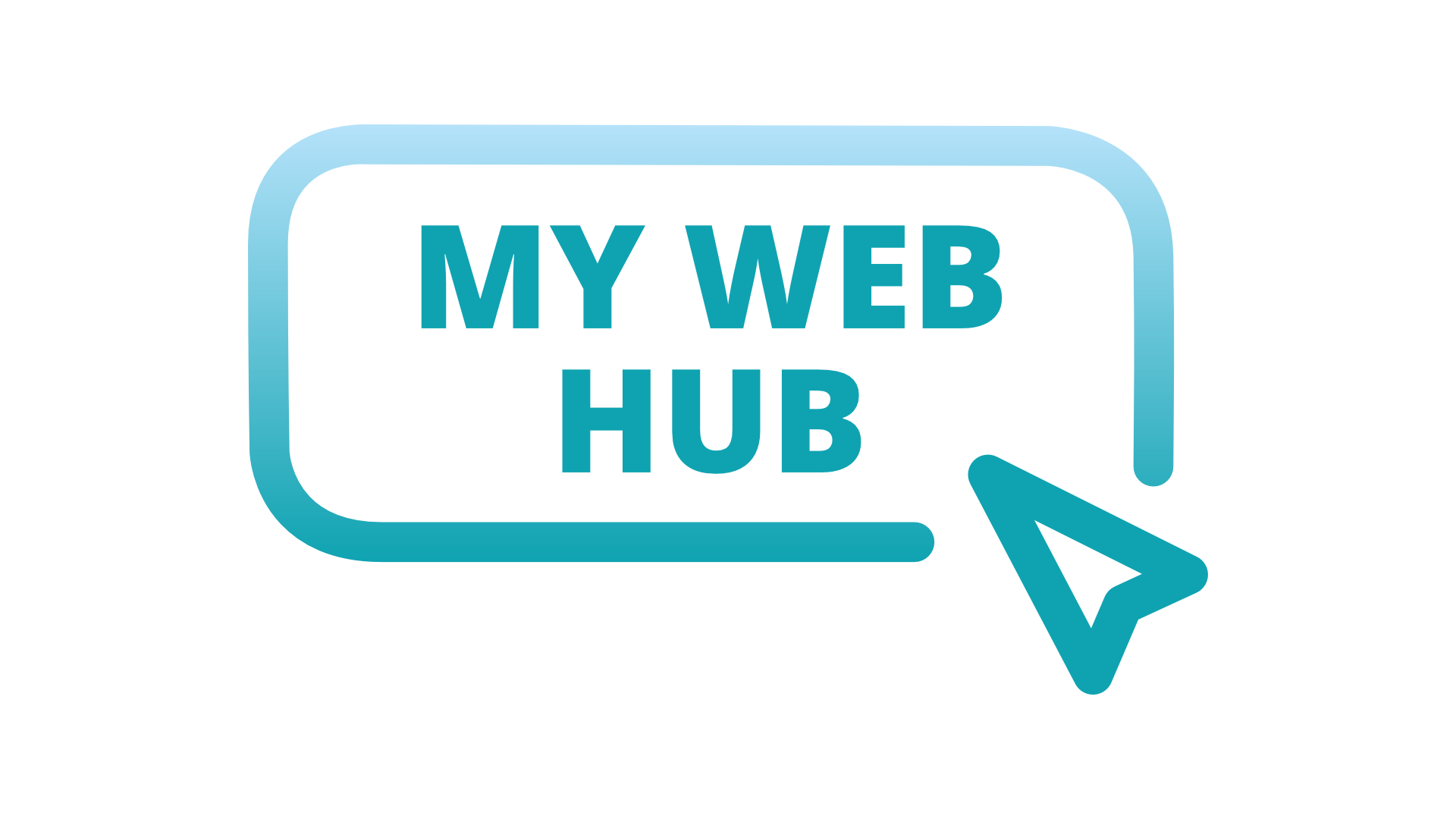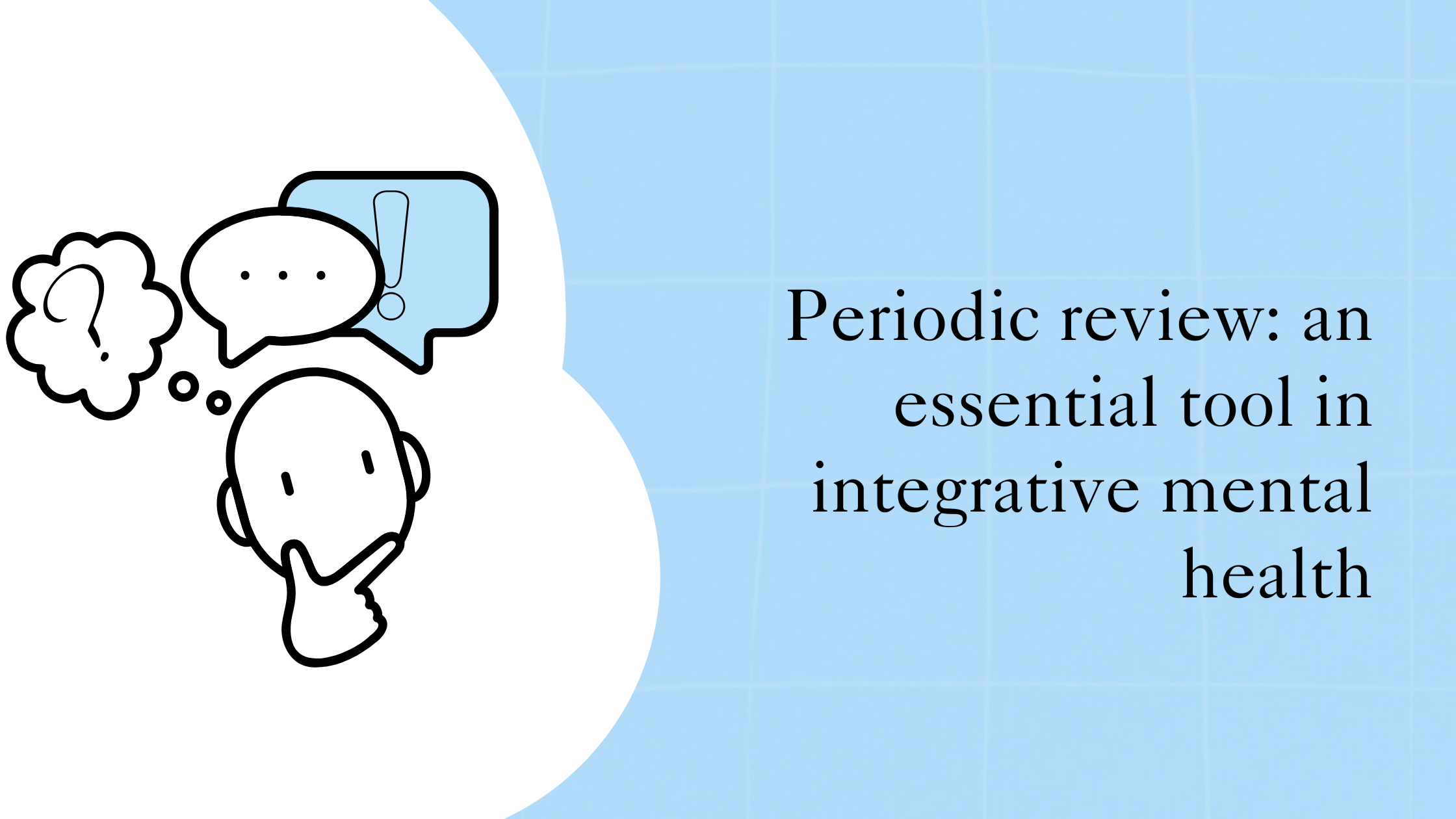Taking the time to pause, to stop and look back... It's a gesture we often neglect in our busy lives. Yet this practice, which can be called a periodic reflective examinationis a powerful tool for well-being and personal growth. By taking a few moments to ask ourselves the right questions, we open a door to a better understanding of ourselves and our journey.
In an integrative mental health approach, this reflection is not just a time to analyze our successes or difficulties; it's a way of creating space for listening to our body, mind and emotions. It's a way of making sure we're moving forward in harmony with our deepest values and needs.
Whether you're a novice or a seasoned practitioner, this article will guide you through the steps of this thought-provoking examination. Discover how this simple exercise can help you build a more balanced life, one that's just like you.
1. What is a periodic reflection test?
A periodic reflective examinationis much more than a fleeting moment of introspection. It's a regular practice that allows us to step back and take stock of our mental, emotional and physical well-being. Think of it as an appointment with yourself, a dedicated space to check whether you're moving forward in harmony with your values and aspirations
As part of the integrative mental health approach, this examination is an opportunity to recognize what's working well in your life and what may need adjustment. The aim is not to seek perfection, but rather to cultivate an attitude of benevolent observation.By identifying our thought patterns, our recurring emotions, and the influences of our environment, we develop a finer awareness of what impacts us day after day.
Over time, this reflective examination becomes a compass, a way of navigating our daily lives with greater clarity. By learning to observe without judgment, we give ourselves the chance to understand our real needs and create a healthier balance in our practices and life choices.
2. Why is it essential in integrative mental health?
In an integrative mental health approach, the periodic reflective review plays a key role. It's not just a thinking exercise; it's a way of reconnecting with ourselves, better understanding our needs and preventing overwork or stagnation. Taking this time for ourselves is like giving ourselves a moment to reassess our well-being on a global level, taking into account our emotions, our physical health and our state of mind.
This examination is particularly useful for recognising repetitive patterns in our emotions and behaviour. Perhaps you notice that certain situations trigger stress or that you often feel exhausted after certain activities. This awareness enables us to highlight the aspects of our lives that need adjustment, while reinforcing the habits that nurture our well-being.
The integrative mental health approach is based on the balance between body, mind and emotions. By regularly taking this time to assess where we are, we strengthen our resilience and our ability to adapt to life's changes. This exercise also helps us to anchor practices of well-being, whether through mindfulness, diet or relationships, according to what is truly beneficial to us.
Making this examination a regular ritual means choosing to live with greater awareness and intention. It gives us the opportunity to grow, to heal and to find the inner harmony that supports our personal development.
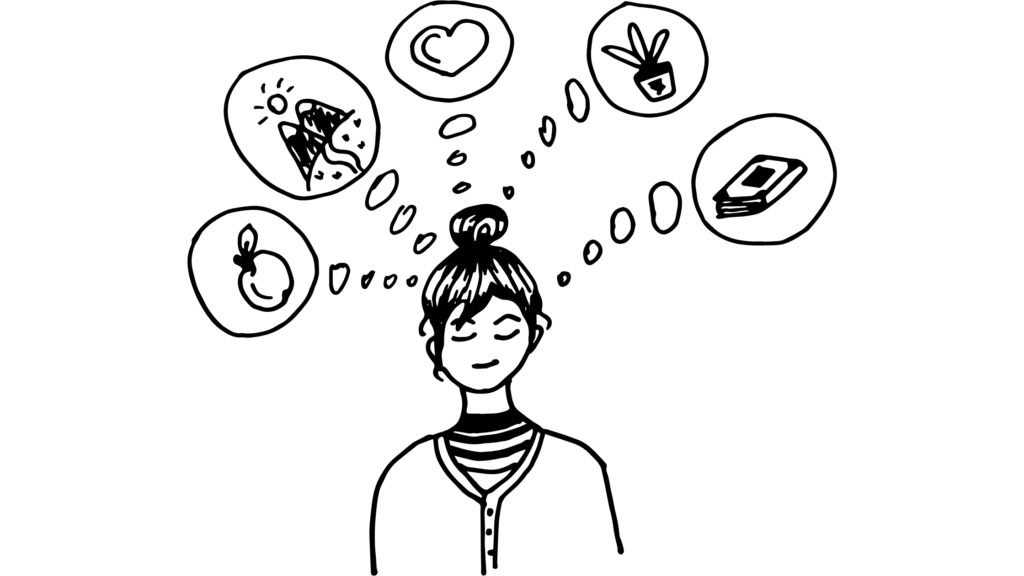
3. How do you carry out a periodic reflection test?
The periodic reflective review can become a pillar of your mental and emotional well-being, a rewarding practice that allows you to assess where you are, identify any necessary adjustments and refocus. Here's a detailed approach to structuring this exercise and getting the most out of it.
a) Defining the right time and frequency
Choose a frequency that is realistic and sustainable.The aim is to make this a regular ritual that fits naturally into your life without becoming a source of stress. In general :
- Weekly reflection : ideal for quick and regular monitoring of your state of mind and progress. It can include a simple assessment of the past week.
- Monthly reflection : this allows you to take a more in-depth look at the situation, evaluate changes over the month and plan objectives for the following month.
- Quarterly or seasonal reflection : a useful tool for longer-term analysis, ideal for rethinking your personal and professional direction.
Find a moment of calm and inspiration : introspection is easier when it takes place in a soothing environment. Whether it's in the morning with a cup of tea, in the evening at bedtime, or out in nature, choose a time and a place where you can be fully present with yourself.

b) Questions to guide your review
A well-chosen set of questions can turn your exam into a real exploration of yourself. Here are some categories of questions to help you examine each aspect of your life in a balanced way:
- Achievements and learning
- What were my successes, however small, during this period?
- What have I learnt about myself, others or the world around me?
- How do my learning and achievements contribute to my overall well-being?
- Emotional and physical state
- What emotions dominated this period? Have I noticed any recurring emotional patterns?
- How did my body feel? Were there any signs of tension or tiredness, or of energy and vitality?
- What physical well-being practices (sport, sleep, diet) have helped me in particular?
- Relationships and connections
- What relationships have given me support and joy?
- Are there any relationships that create stress or drain my energy? If so, how can I deal with this situation?
- Have I had opportunities to create authentic and meaningful connections?
- Objectives and personal alignment
- Are my choices and actions in line with my values and aspirations?
- Are there areas of my life where I feel I need to evolve or make changes?
- What small goals could I set myself to keep moving in the right direction?
- Work-life balance
- Have I managed to maintain a healthy balance between my professional responsibilities and my personal life?
- What could I do to improve this balance?
- Do I need to make any adjustments to my routine or organisation?
These questions are only suggestions; feel free to adapt them to your own reality and to the aspects of your life you wish to explore.
c) Using tools and aids to facilitate practice
- Journal of reflection
- Keeping a diary is an excellent way of capturing your thoughts, emotions and reflections over time. By writing down your answers, you can come back to them later and see how you've changed.
- You can also use specific sections for your weekly, monthly and quarterly reflections, adding intentions or objectives for the coming periods.
- Wellness and monitoring applications
- There are wellness apps that track your state of mind, emotions and habits. They can send you gentle reminders to remember to practise your mindfulness test and help you track your progress visually.
- Complementary practices: meditation and writing therapy
- Meditation can be an excellent way of refocusing before you begin your reflective examination. By taking a few minutes to ground yourself, you open up a space of calm conducive to introspection.
- Writing therapy is also a powerful tool: by letting your thoughts flow freely on paper, you can discover hidden aspects of your life or unlock buried emotions.
d) Turning ideas into concrete action
Once you've made up your mind, take a moment to identify simple, achievable actions based on your conclusions. For example:
- Reinforcing a habit : if you find that an activity such as a daily walk is good for you, set yourself a target to make it a regular part of your routine.
- Improving a relationship : if a relationship needs more attention, consider simple gestures such as planning quality time or expressing your gratitude more often.
- Establishing new well-being practices : if your body is showing signs of fatigue, it may be a sign that you need to improve your sleep or add relaxation breaks to your day.
By turning your thoughts into concrete actions, however small, you create a virtuous cycle of personal growth and sustainable well-being.
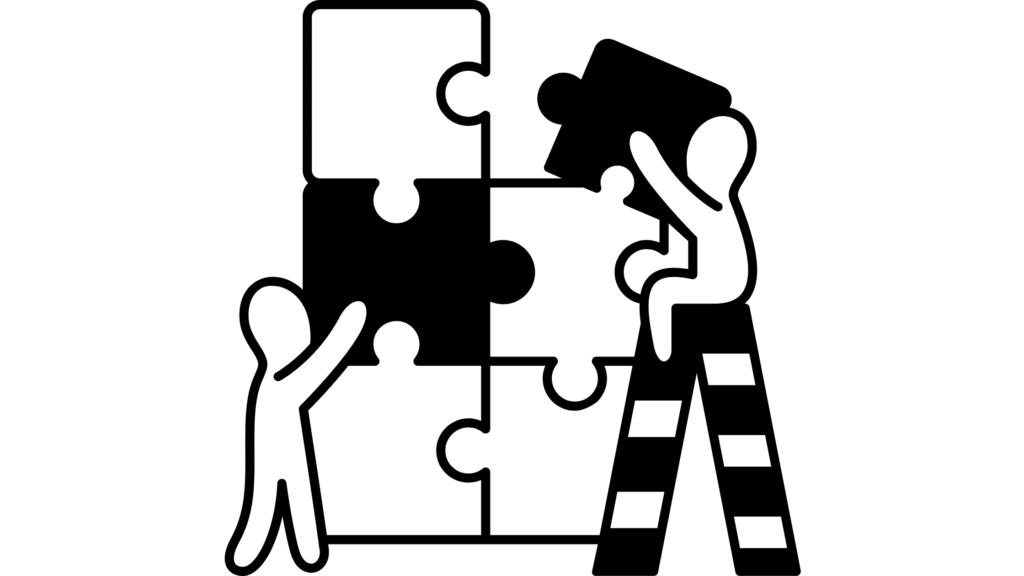
4. Integrating the Periodic Reflection Review into your life: tips for sustainability
Making periodic reflection a lasting habit can transform your relationship with yourself. Like any practice, it requires consistency, but the benefits it brings can really enrich your daily life. Here are a few tips on how to incorporate this routine gradually and sustainably.
a) Start small and avoid pressure
There's no need to start with hours-long brainstorming sessions! Even five or ten minutes a week for a quick check-up can make a difference. You can gradually lengthen your sessions as this becomes more natural. Listen to your own rhythm and don't put pressure on yourself to ‘do perfectly’. The important thing is to maintain regularity.
b) Creating a personalised ritual
Transforming your reflection test into a pleasant moment can encourage your commitment. Choose an environment that inspires you: soft music, subdued lighting, a comforting cup of tea. Make it a ritual that allows you to reconnect with yourself. To reinforce the habit, associate this review with a specific time of the week or month, such as a Sunday evening or the last day of each month.
c) A positive reminder
At the beginning, it can be useful to set a reminder on your phone or in your diary so that you don't forget. By writing down ‘Moment for Me’ or ‘Wellness Review’ instead of a simple ‘reminder’, you create a positive intention around this moment. Some people find it useful to combine this review with another activity, such as a yoga session or a walk, to make it an integral part of their wellness routine.
d) Being patient with yourself
Like any personal growth practice, the Periodic Reflective Review requires a long-term commitment. It's natural to have ups and downs in this routine: some days the answers will come easily, other days it may seem more difficult. Keep in mind that even the small awarenesses accumulated over time contribute to a better understanding of ourselves and a more aligned life.
e) Reassessing and adapting practice
Over time, your needs and priorities may change, and it may be useful to adjust your thinking review accordingly. Perhaps you want to explore new questions, focus more on certain themes, or add a creative touch, such as drawing or visualisation. Be open to adapting this practice so that it remains enriching and aligned with your personal journey.
f) Celebrating progress
Don't forget to recognise the benefits that this practice brings you. Take a moment from time to time to re-read your notes or think about the insights you've gained. This will allow you to celebrate your progress and measure the positive impact of the periodic reflection review on your well-being.
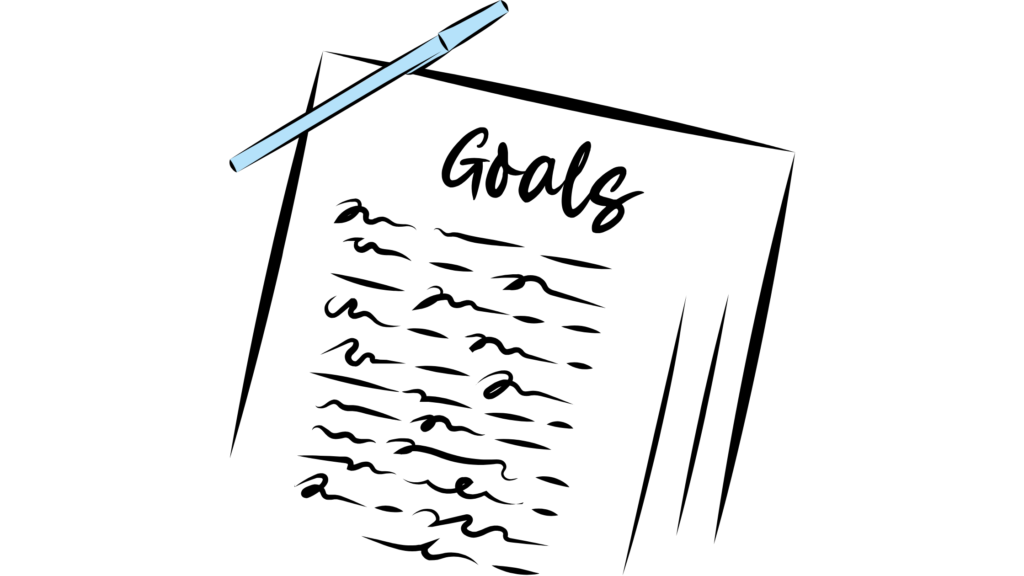
In a world where the pace of life is often fast and there are many sources of stress, this space for reflection acts as an anchor. It reminds you that your personal journey is an adventure, not a fixed goal. Each stage of your journey offers you new perspectives and the opportunity to grow. By cultivating this practice, you are making the choice to stay in tune with yourself, even in the face of change and challenge.
Adopting the Periodic Reflection Review is not only about understanding yourself better today, it's also about laying solid foundations for the future. By celebrating your successes, learning from your experiences, and staying true to your values, you'll create a more aligned, meaningful and fulfilling life. Take this appointment with yourself as an act of kindness and respect for your own journey.
So, whether you're at the beginning of this journey or already on it, don't forget that every moment of reflection counts. In this inner adventure, the discoveries are endless, and you are both the explorer and the guide in this quest for a more fulfilled version of yourself.
Want to know more? Here are some links you might find useful
Articles
- BetterUp - 100 self-reflection questions to explore yourself
- Tonya Leigh - 25 Questions that Will Change Your Life
Videos
- How Do You Get To Know Yourself Fully? - Sadhguru answers at Entreprenuers Organization Meet
- Unlocking the Power of Intention: Dr. Wayne Dyer's 10 Principles
If you would like to discover more content on personal and professional development, please click on this link to access other similar articles.
